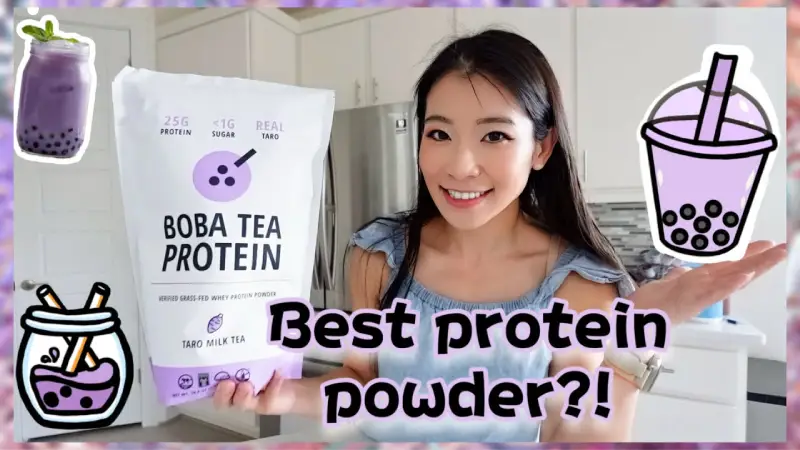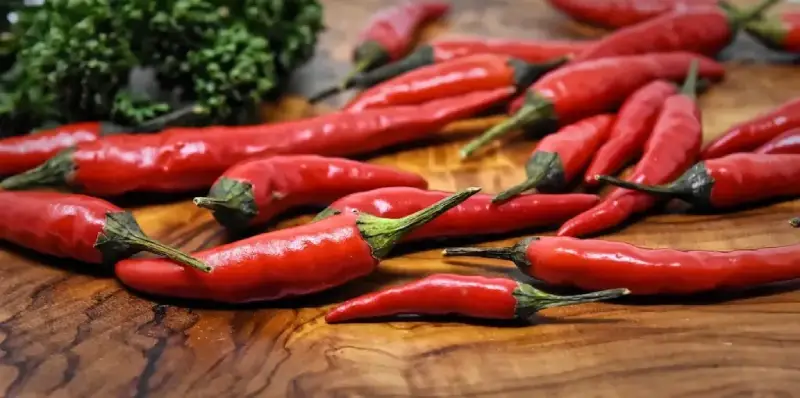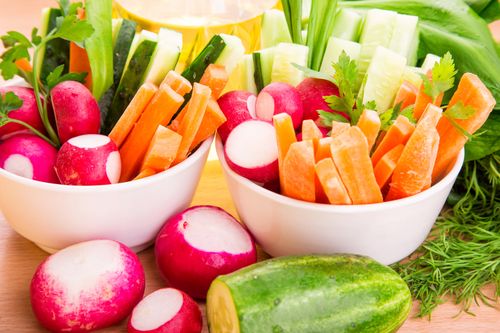If you want to combine your boba tea obsession with your fitness goals, this guide shows you how to make boba tea protein at home using boba tea protein powder and everyday kitchen utensils.
Whether you need a power boost after hitting the gym or want a healthy snack, this drink is packed with protein, nutrition, flavor, and energy.
Table of Contents
Is Boba Tea High in Protein?

No, traditional boba tea does not have high protein content.
Boba tea, like any other sugary tea, will mostly have carbs and sugars. However, it is possible to increase the protein content to 20–25g per serving with boba tea protein powder, which is great for fitness-focused people.
Is Boba Tea Protein Actually Good?
That’s right, boba tea’s protein is quite amazing.
Aside from its actual milk tea flavor, it is also rich in protein. Most consumers are satisfied with how it tastes and its muscle recovery effects. Unlike other bubble teas, it is more delicious and nutritious.
Who Owns Boba Tea Protein?
The firm Boba Tea Protein was initiated by Asian American business owners.
To provide a novel fitness-oriented alternative to sweetened milk teas, they created the brand to integrate the cultural tastes of boba with functional boba nutritional drinks.
How Much Protein is in Boba Protein?
Boba Tea Protein has 20 to 25 grams of protein per serving.
This varies between the flavors and whether it is whey or plant based. It is meant to aid in muscle recovery, so it’s ideal after workouts or as a supplement to meals.
Does Boba Tea Protein have Caffeine?
Yes, the majority of boba tea flavored protein powders have caffeine.
They usually contain 30 to 50 milligrams per serving, about the same amount as a half cup of coffee. Be sure to read the label if you are sensitive to caffeine or go with decaffeinated options.
Why Boba Tea is Popular?
Boba tea is well-known for its tasty flavor and smooth texture.
Its popularity spans all demographics owing to the customizable flavors, the chewy tapioca pearls, and the social experience that tea offers. Now, healthier versions such as boba tea protein serve to enhance its popularity even more.
How Boba Tea is Made?
Boba tea is prepared by blending together tea, milk, sweetener, and tapioca pearls.
Typically, it is served chilled and garnished with ice. Adding boba protein powder transforms it into a drink rich in protein that still preserves the traditional boba taste.
Easy Recipe to Make Boba Tea Protein at Home
Ingredients:
- 1 scoop of boba tea protein powder (Recommended flavor: milk tea)
- ½ cup of cooked tapioca pearls
- 1 cup milk or almond milk
- ½ cup of brewed black tea (cooled)
- Ice cubes
- Optional: Honey or any other sweetener
Steps:
- Brew the tea and let it cool.
- Boil the tapioca pearls according to the instructions given on the packet.
- Use a shaker or blender to combine the protein powder with the milk and tea.
- Add the ice and pearls into the glass.
- Pour the protein tea into the glass, then stir before serving.
Wrapping It Up
With this simple recipe, your favorite drink turns into your healthiest treat. Post-workout or just craving boba? Preparing boba tea protein at home hits the sweet spot.
FREQUENTLY ASKED QUESTIONS
What Ingredients Do I Need to Make Boba Tea Protein at Home?
To make boba tea protein, you’ll need:
Tapioca pearls
Brewed tea (black or green)
Milk or plant-based milk
Protein powder
A natural sweetener (like honey or stevia)
Can I Use Any Type of Protein Powder?
Yes, most types work, but whey, soy, or plant-based protein powders with neutral or complementary flavors are best for a balanced taste.
Are these drinks low in sugar?
Many recipes and products use natural sweeteners like stevia or monk fruit to keep sugar content low. Always check the nutrition label for details.
Are there vegan-friendly options?
Yes, plant-based versions use proteins like pea or soy and pair them with non-dairy milk and vegan pearls.
What’s the difference between regular boba tea and boba tea protein?
Regular boba tea is typically high in sugar and carbs with little nutritional value, while boba tea protein includes added protein and is often lower in sugar, making it more suitable for fitness or health-conscious lifestyles.
Does it taste like traditional milk tea?
Many people find that these drinks closely mimic the creamy, sweet flavors of classic milk tea, especially when using high-quality ingredients.




